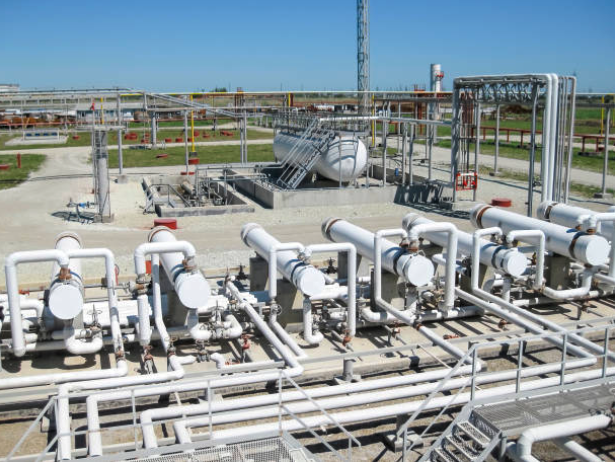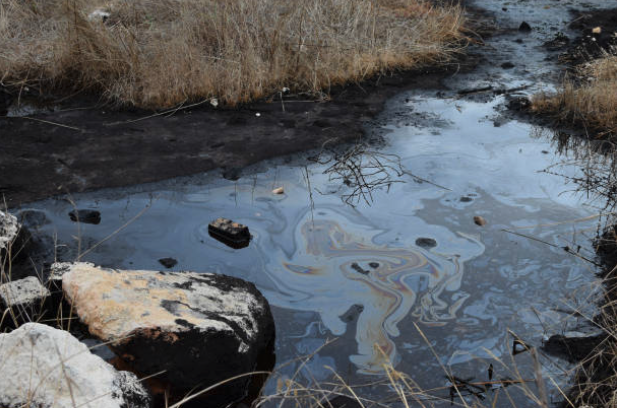Hydrocarbons are defined as any organic compound composed of only hydrogen and carbon, and are produced regularly in nature. Nevertheless, certain hydrocarbons are some of the most harmful contributors to the earth’s atmospheric variations and climate change. Hydrocarbons are typically found in oil, natural gas, coal, petroleum, and pesticides, to name a few.
Hydrocarbons as Combustible Energy for Fuel
Hydrocarbons are primarily used as a source of combustible energy, and have long been used as fuel due to their prevalence in the earth’s crust. As a result, there are refineries all over the world pulling resources from the earth and contributing to pollution as a byproduct of the process. As hydrocarbons are released into the atmosphere, they contribute to the production of photochemical ozone – which adversely affects our health and plant growth, as well as contributing to climate change.

Types of Hydrocarbons
Different types of hydrocarbons affect our health and our environment in different ways. Some have severe effects on our atmosphere but may not directly affect humans; likewise, some may directly contribute to cancer but may not contaminate the air we breathe. These are some of the most common hydrocarbons we see in the environment.
Aldehydes
Combustion of hydrocarbons for fuel and other types of energy result in toxic chemicals called aldehydes. These chemicals can reduce photosynthesis in plants, as well as cause eye and lung irritation in humans. Additionally, there are some studies that suggest they may cause cancer.
Peroxy-Alkyl-Nitrates
Reactions involving hydrocarbons, particularly aldehydes and oxides of nitrogen in the atmosphere, can result in the formation of compounds that cause acute eye irritation like Peroxyacetyl nitrate (PAN) and Peroxybenzonyl nitrate (PBN). These chemicals are capable of suppressing photosynthesis in plants and have also been implicated in causing various respiratory disorders.
Aromatic Hydrocarbons
These hydrocarbons are produced as the result of combustion of coal, oil, tar, or plant materials for fuel. A common aromatic hydrocarbon used as a solvent in fuel is benzene, a hazardous substance known to deplete and damage red blood cells and cause cancer. Polynuclear aromatic compounds contain two or more types of benzene molecules, and also cause cancer.
Chlorofluorocarbons (CFCs)
CFCs are most widely used in aerosol cans and in refrigeration coolants. They release chlorine and reduce the ozone layer, thereby increasing the risk of exposure to ultraviolet radiation.
Oil and Oil Spills
Massive oil spills cause extensive damage to the health of humans, animals, and plants. Resulting conditions may include respiratory disease, and the poisoning of animals due to being trapped in or accidentally ingesting the oil. Even small spills, leaks, and emissions can have cumulative negative effects, causing severe damage to the environment over time.



